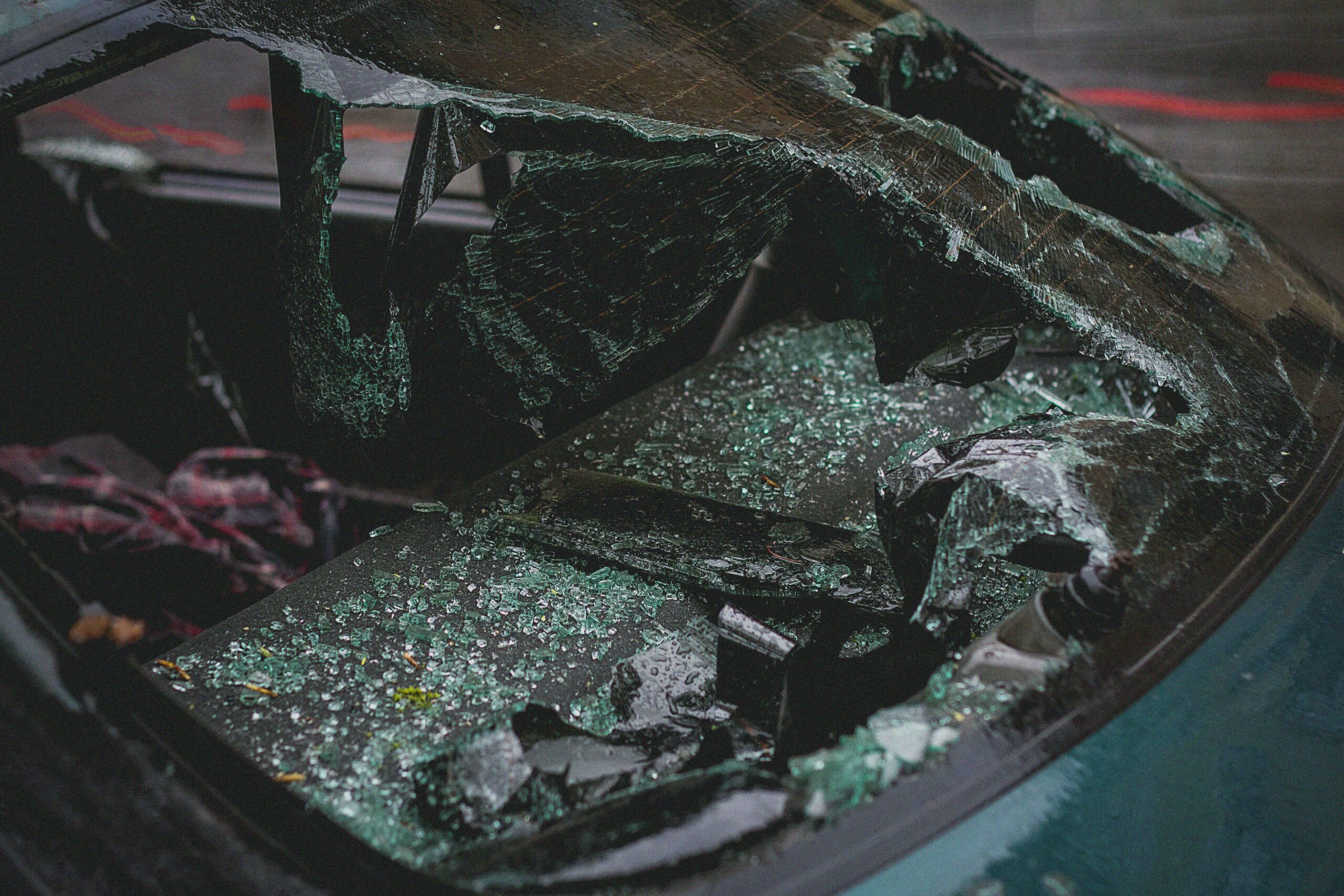
Car accidents are unexpected and often overwhelming. The moments following a crash can be chaotic, but the actions you take immediately after a car accident are crucial to protecting your health, safety, and legal rights. This guide will walk you through the essential steps you should take to ensure your well-being and lay the groundwork for any potential personal injury claims.
Step 1: Ensure Safety
Your first priority after a car accident should always be safety. If you’re able to move, check yourself and any passengers for injuries. If the accident is minor and your car is drivable, move it to the side of the road or a safer location to avoid further collisions. Turn on your hazard lights to alert other drivers to the accident scene.
In more severe accidents where there may be injuries or significant vehicle damage, it’s essential to stay in your vehicle (if it’s safe) and wait for emergency responders. Leaving your car in the middle of traffic can be dangerous.
Step 2: Call the Police
Even if the accident seems minor, it’s crucial to call the police. A police report can be a vital piece of evidence if you decide to file a personal injury claim. The report will document the accident’s details, including the parties involved, witness statements, and the officer’s assessment of fault. This information can be instrumental in proving your case later on.
When speaking to the police, stick to the facts and avoid admitting fault. Even saying something as simple as “I’m sorry” can be misconstrued as an admission of guilt. Let the authorities handle the situation, and ensure you get a copy of the police report for your records.
Step 3: Gather Evidence
While you wait for the police to arrive, take the opportunity to gather evidence at the scene. Use your phone to take photos of the accident scene, including vehicle damage, road conditions, and any visible injuries. Make sure to capture multiple angles to provide a comprehensive view of the accident.
Collect contact information from all parties involved, including drivers, passengers, and witnesses. Be sure to note down the other driver’s name, address, phone number, driver’s license number, license plate number, and insurance information. Witness statements can be invaluable, so ask witnesses for their accounts of what happened and if they’re willing to provide a statement to the police.
Step 4: Seek Medical Attention
Even if you feel fine after the accident, it’s essential to seek medical attention as soon as possible. Some injuries, like whiplash or internal bleeding, may not be immediately apparent but can have serious consequences if left untreated. A medical professional can assess your condition and provide necessary treatment.
In addition to protecting your health, seeing a doctor also creates a medical record that links your injuries to the car accident. This documentation is crucial if you decide to pursue a personal injury claim, as it provides evidence of the injuries you sustained and their severity.
Step 5: Notify Your Insurance Company
After seeking medical attention, you’ll need to notify your insurance company about the accident. Most insurance policies require you to report accidents promptly. Provide them with the basic details of the accident, including the date, time, location, and the other driver’s information.
When speaking with your insurance company, be cautious about what you say. Stick to the facts and avoid making speculative statements about who was at fault or the extent of your injuries. Insurance adjusters may try to minimize the value of your claim, so it’s essential to consult with a personal injury lawyer before providing a recorded statement.
Step 6: Consult a Personal Injury Lawyer
Navigating the aftermath of a car accident can be challenging, especially when dealing with insurance companies and potential legal claims. Consulting a personal injury lawyer can help ensure your rights are protected and that you receive the compensation you deserve.
A lawyer can guide you through the claims process, negotiate with insurance companies on your behalf, and, if necessary, represent you in court. They can also help you understand the full value of your claim, including compensation for medical bills, lost wages, pain and suffering, and other damages.
If you’ve been involved in a car accident and need legal assistance, don’t hesitate to reach out. Contact us today for a free case review and let us help you navigate this difficult time.
Conclusion
Being involved in a car accident is stressful, but knowing what to do immediately after can make all the difference. By ensuring safety, gathering evidence, seeking medical attention, and consulting with a personal injury lawyer, you can protect your health, your rights, and your future.
If you or a loved one has been in a car accident, take the first step towards recovery and justice. Get a free case review from Wooster Law and let us fight for the compensation you deserve.

